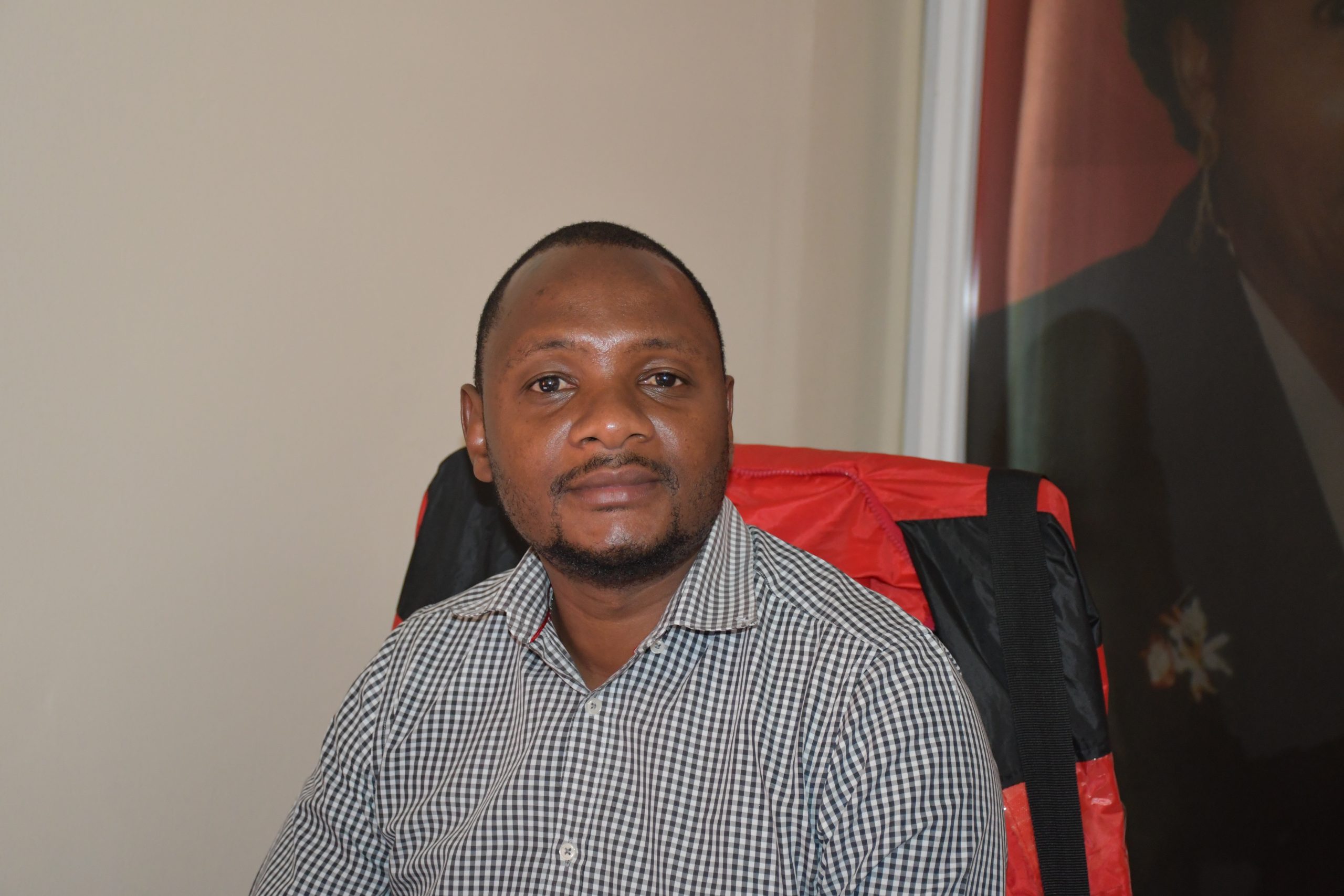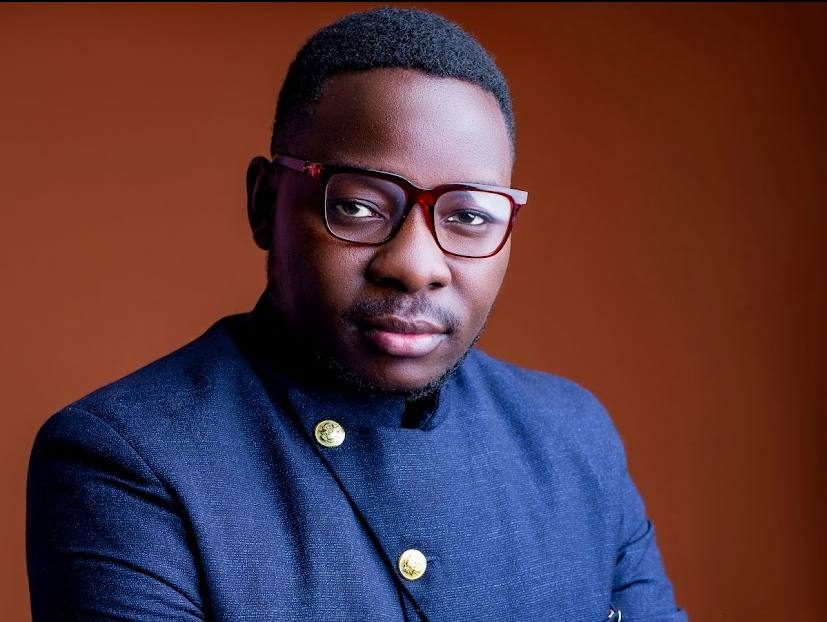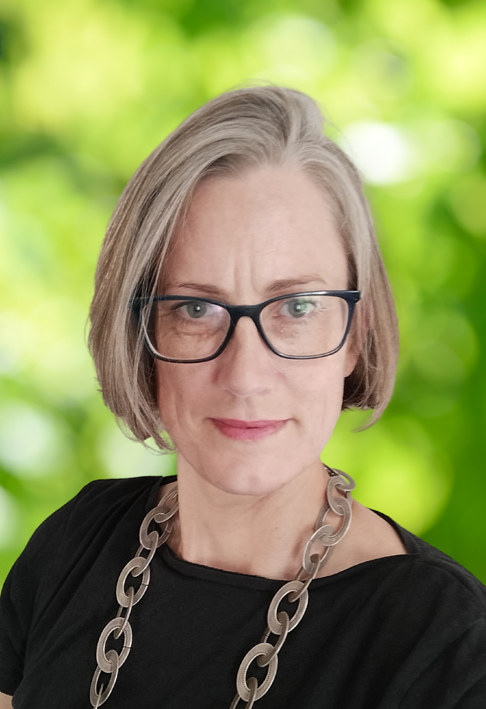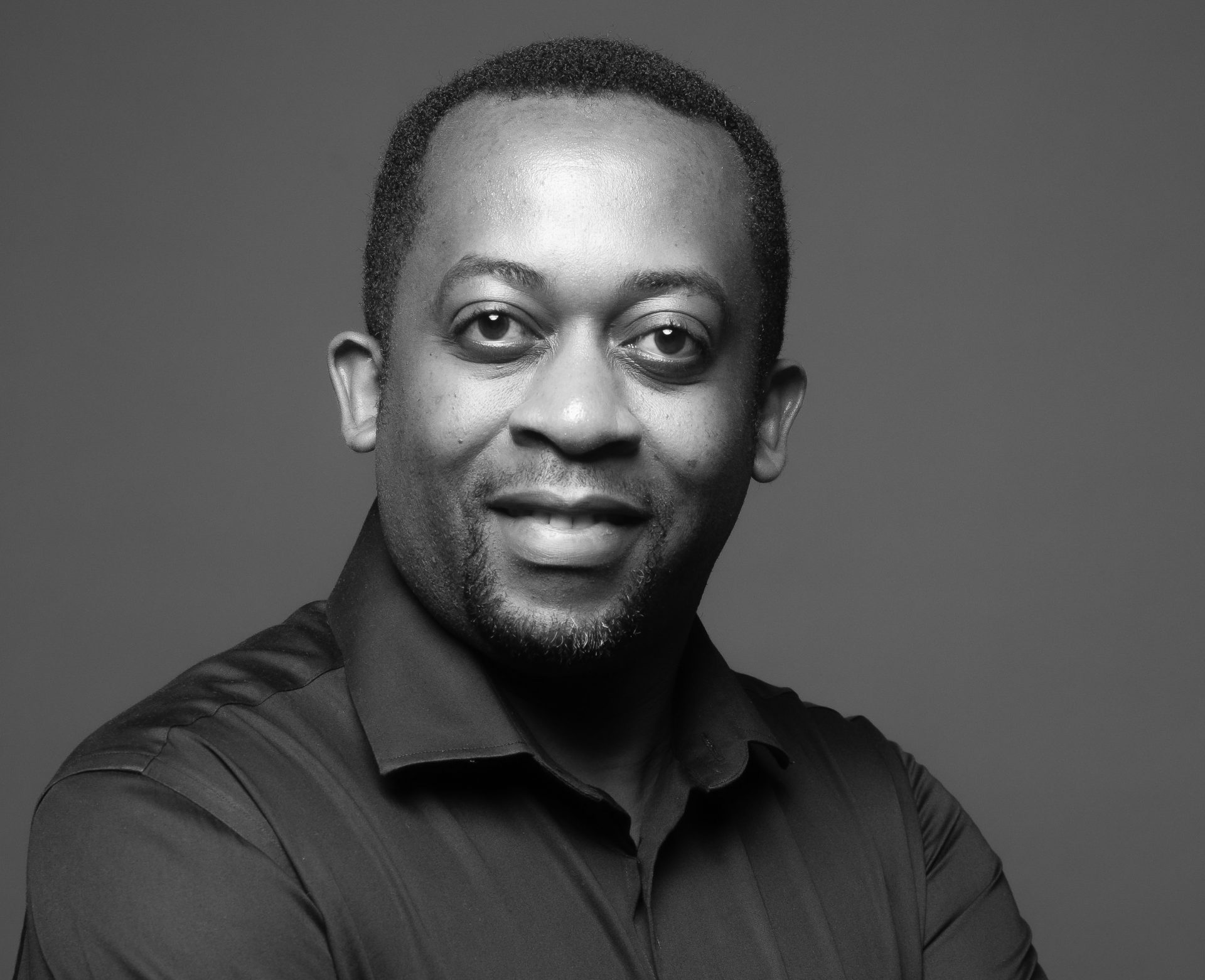This week’s Comms Spotlight is a professional with a background in Radio and Television. Felix Mutua is the Communications and Public Relations Officer at Emergency Plus Medical Services, a provider of emergency medical care and transportation. His interview with us takes us through his journey leading Communications efforts to shine a light on the noble work being done by this organisation as well as some challenges he’s faced .
How did you begin your career in Communications?
I began my career in Communications by honing my foundational skills in various media roles. I started as a News Reporter and Presenter at Shine FM, where I gained experience covering stories, interviewing guests, and developing scripts. This experience taught me the power of storytelling and its role in shaping public perception.
From there, I expanded my expertise through roles in news reporting and script writing at Hope FM, and as an Assistant Programme Producer at GBS TV, further refining my ability to create impactful content across different media.
These early roles set the stage for my transition into Public Relations and Communications, where I could apply these skills on a broader scale to enhance organisational visibility and drive impactful communication strategies.
Can you tell us what you do as the Communications and Public Relations Officer at Emergency Plus Medical Services?
At the Kenya Red Cross-Emergency Plus Medical Services (E-Plus), I oversee comprehensive Communication and Public Relations strategies to enhance our visibility and reputation. My responsibilities range from managing our digital communication, including social media and the website, to creating content for newsletters and press releases. I play a crucial role in coordinating media coverage and establishing partnerships with national and international media to promote E-Plus’s initiatives.
Additionally, I handle Public Relations efforts through press conferences, interviews, and events, and I develop IEC materials, such as brochures and fact sheets, to inform and educate our stakeholders about our services.
I also document success stories, lessons learned, and impact cases, ensuring our key messages resonate with both internal and external audiences.
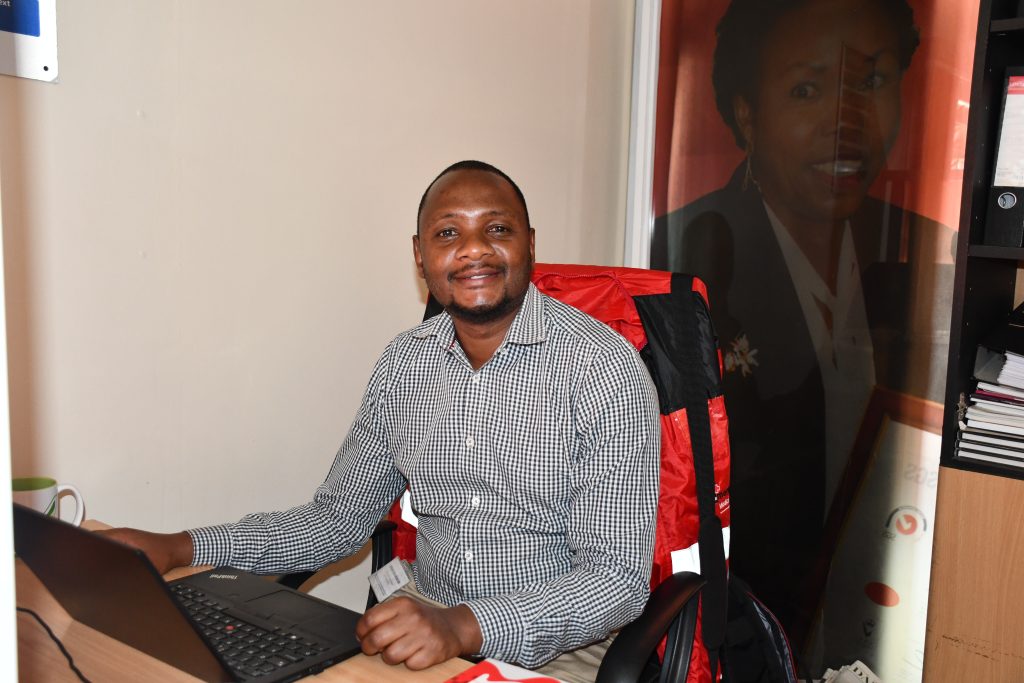
What is the biggest challenge you’ve faced in your career, and how did you overcome it?
One of the biggest challenges I faced was securing and maintaining the visibility of E-plus in a highly competitive and rapidly changing media landscape. With increasing demands for timely and engaging content, I recognised the need to pivot our communication strategy toward a digital-first approach. I overcame this challenge by implementing a robust social media and digital storytelling strategy that leveraged infographics, blogs, and multimedia content to reach a wider audience.
Additionally, I spearheaded initiatives like the E-plus Newspod newsletter to ensure consistent engagement with our stakeholders. This strategic shift increased our reach and solidified E-Plus’s position as a trusted voice in emergency medical services.
What has been the most rewarding aspect of your career in Communications?
The most rewarding aspect of my career has been the ability to amplify the impact of vital services through effective storytelling and strategic communication. A recent example was managing communications during the nationwide protests that affected much of the country. This required quick, clear, and accurate messaging to maintain public trust and ensure our audiences remained informed, even during widespread unrest.
Additionally, when we launched 12 new ambulances in Kakamega County, I led the communication efforts, focusing on how this milestone would enhance healthcare accessibility. Seeing the community’s positive response and witnessing how our messaging built public trust and awareness of E-Plus’s mission was deeply fulfilling.
Each project that succeeds in connecting audiences to life-saving services reinforces my commitment to making a tangible difference through communications.
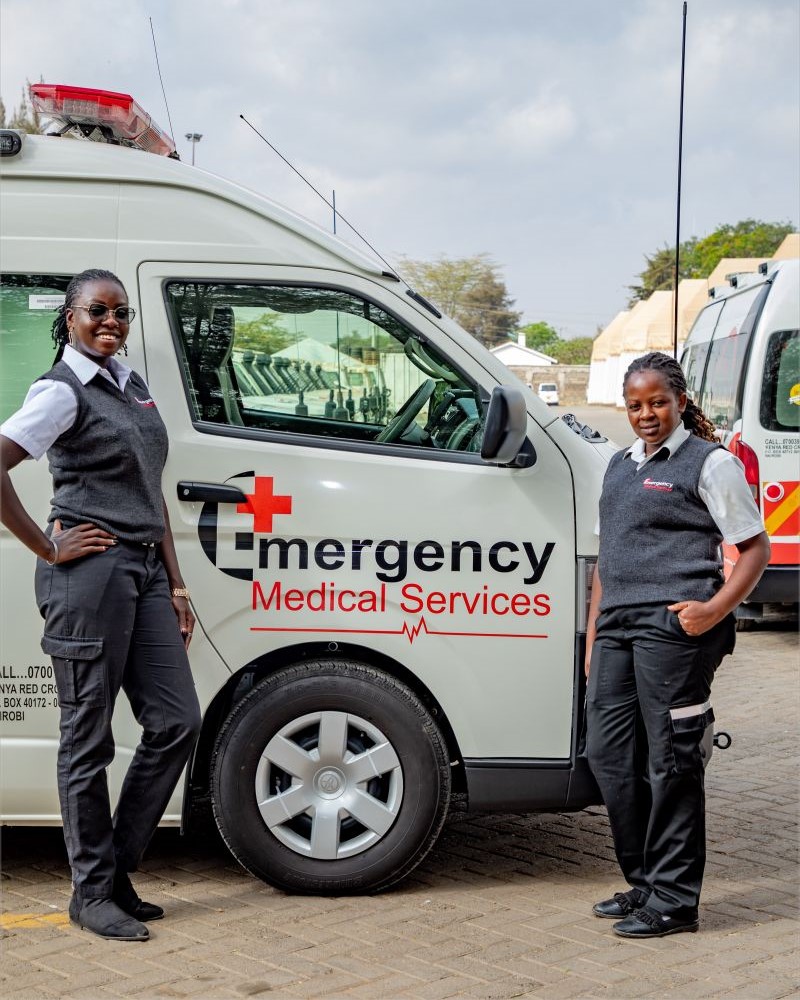
How do you stay up to date with emerging trends in the industry?
Staying up-to-date in this dynamic field is essential, so I actively pursue learning opportunities and certifications, such as digital journalism training from Reuters International and Executive Data Analytics from Strathmore University.
I attend relevant workshops and forums, such as the Science Granting Councils Initiative, international forums hosted by ATPS, and the Global Principles for Information Integrity convened at the UN Office in Nairobi, to present a framework for coordinated international action to make information spaces safer and more humane, for Member States, the private sector, advertisers, youth leaders, media, academia, and civil society, around the world.
Additionally, I follow industry news, read communications journals, and participate in online courses that cover emerging tools and techniques in digital storytelling, social media, and crisis communication.
What skills do you believe will be essential for success in the field of Communications in the coming years?
Key skills will include adaptability and digital proficiency, as the industry increasingly relies on data-driven and digital-first approaches. Crisis communication and media relations remain crucial, especially in managing reputational risks in real time across digital platforms. Additionally, as organisations become more data-oriented, proficiency in data analytics will be essential to evaluate campaign effectiveness and tailor strategies accordingly.
Lastly, storytelling will continue to be a core skill because audiences are drawn to authentic, compelling narratives that connect them emotionally to a brand’s mission and values.

